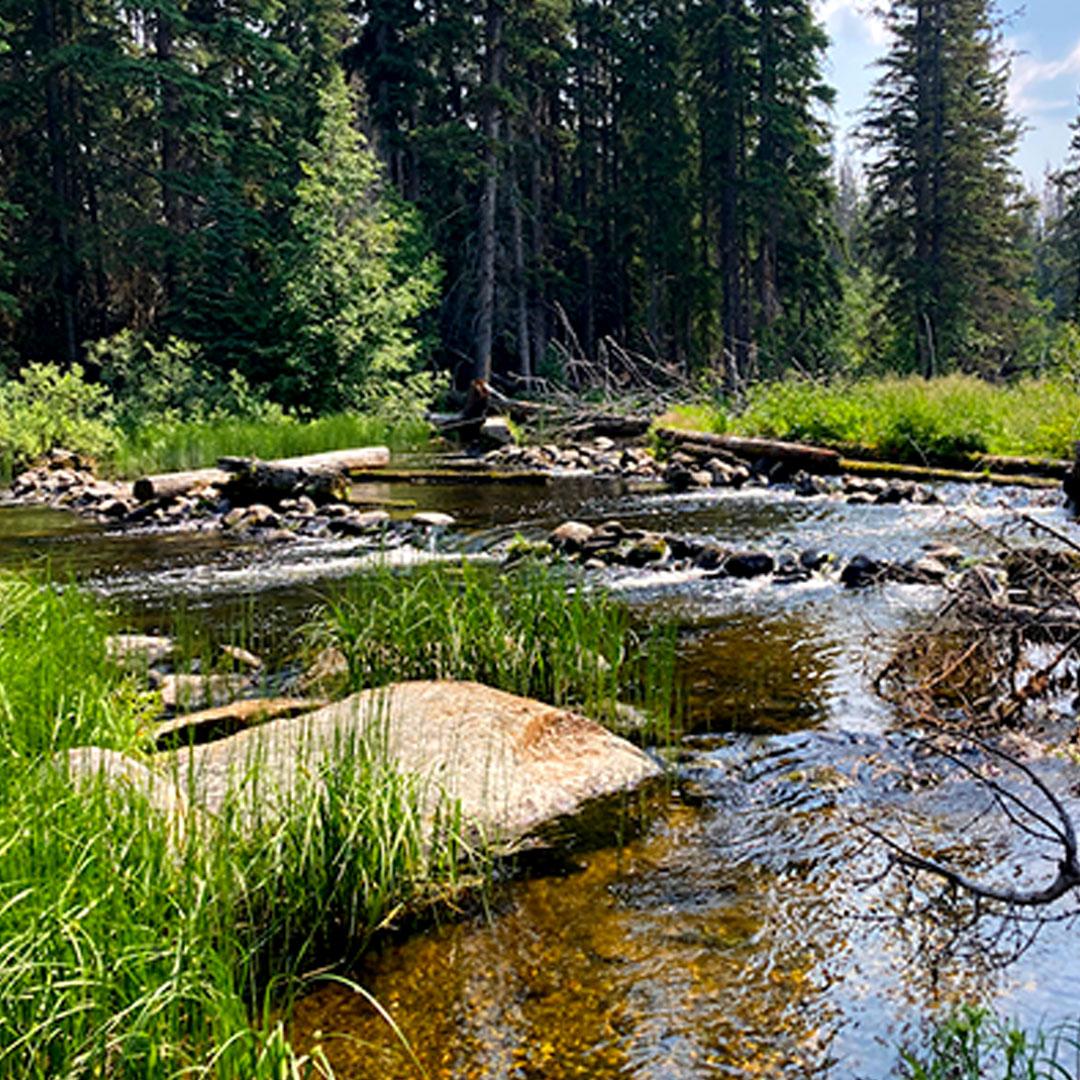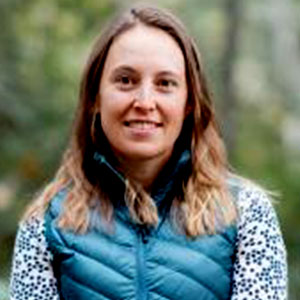
Event Details
When:
-
Location:
Online: Zoom
In-Person at WWU:
Academic West, Room 204
Price:
Free
Brought to you by:
College of the Environment, The Foundation for WWU & Alumni
Description
Check out this video to watch the Animals and Ecosystem.
Animals make important contributions to shaping the ecosystems where they live, by consuming resources, excreting nutrients, and serving as food for other animals. Classically, many people think of organisms as acting in response to environmental conditions. But organisms actually create some of those conditions through their activity, forming a dynamic feedback between living and nonliving parts of ecosystems.
Dr. Chelsea Little will discuss work that her research group has conducted in stream and riparian ecosystems. In streams, aquatic macroinvertebrates process terrestrial leaf litter, and incorporate it into aquatic food webs. Her group has found that the rate of this ecosystem process varies nonlinearly with macroinvertebrate population densities, which is an important consideration when predicting hotspots and cold spots of resource cycling. Around streams, terrestrial wildlife use riparian habitats for food, water, shelter, and as movement corridors. Dr. Little will present new results about what determines how wildlife use these areas, and what this implies for ecosystem processes in these ecotone habitats.
The Environmental Speaker Series is free and open to the public. Talks are held each Thursday at 4:30pm in Academic Instructional Center West, room 204. Join us at WWU or online on Zoom!
Featuring:

Dr. Chelsea Little, Speaker
Assistant Professor, School of Environmental Science, Simon Fraser University
Dr. Chelsea Little is a community and landscape ecologist interested in the distribution of biodiversity on the landscape, and in what organisms are doing to contribute to ecosystem processes like production and decomposition. Her work has taken her to alpine and Arctic tundra plant communities, lowland streams on two continents, and more recently to riparian areas in British Columbia to observe wildlife habitat use. She is also keenly interested in using data synthesis and meta-analysis to assess the generality of ecological dynamics around the globe.
Accommodations and Other Details
Contact The Foundation for WWU & Alumni for this event if you have questions or need disability accommodations by calling (360) 650-3353 or emailing Alumni@wwu.edu.
Advance notice for disability accommodations and special needs is greatly appreciated. Please indicate your special needs on the registration form.
There will be auto-captions available for the Zoom webinar.
Limited paid parking is available in the C lots at the south end of campus and in lots 6V and 7G at the north end of campus. Western provides comprehensive parking details—including lot locations, applicable fees, and campus map. Please note that parking in the C lot and 12A by Fairhaven College is free after 4:30pm on weekdays and all hours on weekends.